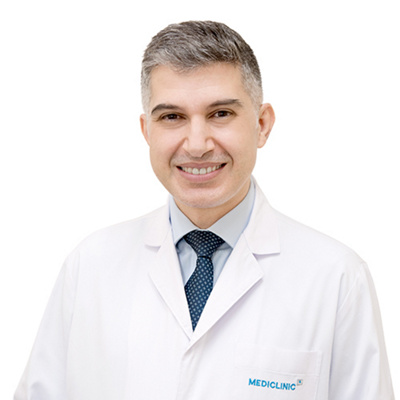Electrophysiology is a branch of cardiology that focuses on the electrical activity of the heart and the diagnosis and treatment of heart rhythm disorders. An EP study is often done to evaluate patients who have “fainted” or have experienced an abnormal rapid heart rhythm. It may also be recommended for patients who have impaired heart function and intermittent extra heartbeats. In some situations, patients with a congenital cardiac condition may need an EP study as part in order to assess their risk of developing serious arrhythmia.
Based on EP study results, the doctor then decides on the treatment, medication, catheter ablation, implantation of a pacemaker or defibrillator to manage the heart’s rhythms, or more diagnostic tests.
The following are some of the services which are provided in the Electrophysiology clinic:
- Outpatient and inpatient consultation service
- Invasive and non-invasive investigations for heart rhythm disorders other than electrocardiography, such as holter monitoring and extended cardiac rhythm monitors
- Invasive electrophysiological procedures when required to diagnose arrhythmias and conduction disturbances and catheter ablation of these arrhythmias when appropriate
- Assessment of patients with syncope (fainting) to exclude life threatening arrhythmias and genetic syndromes
- Assessment and management of patients who require implanted cardiac rhythm devices
- Follow up of patients with cardiac pacemakers, defibrillators or implanted loop recorders





